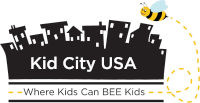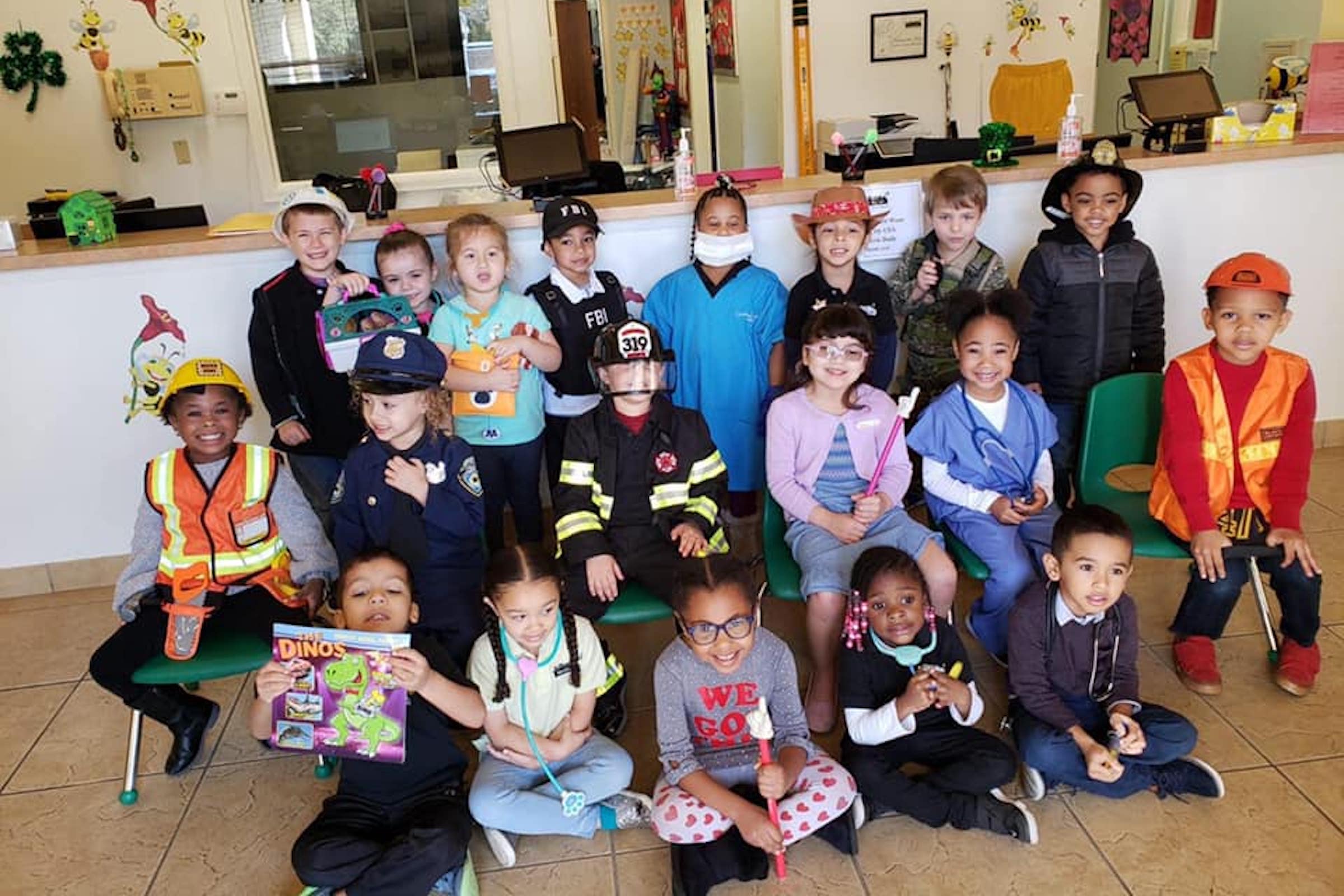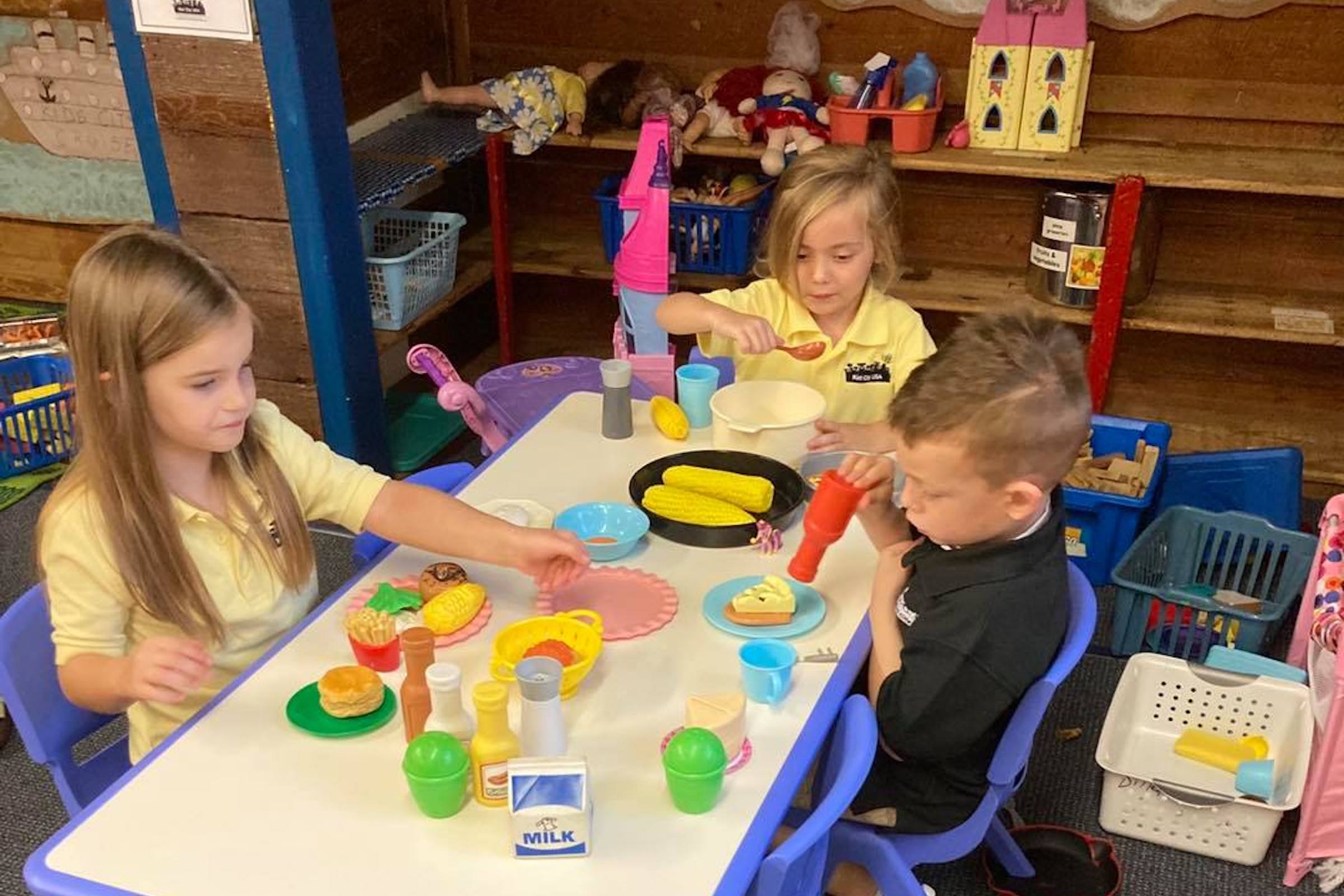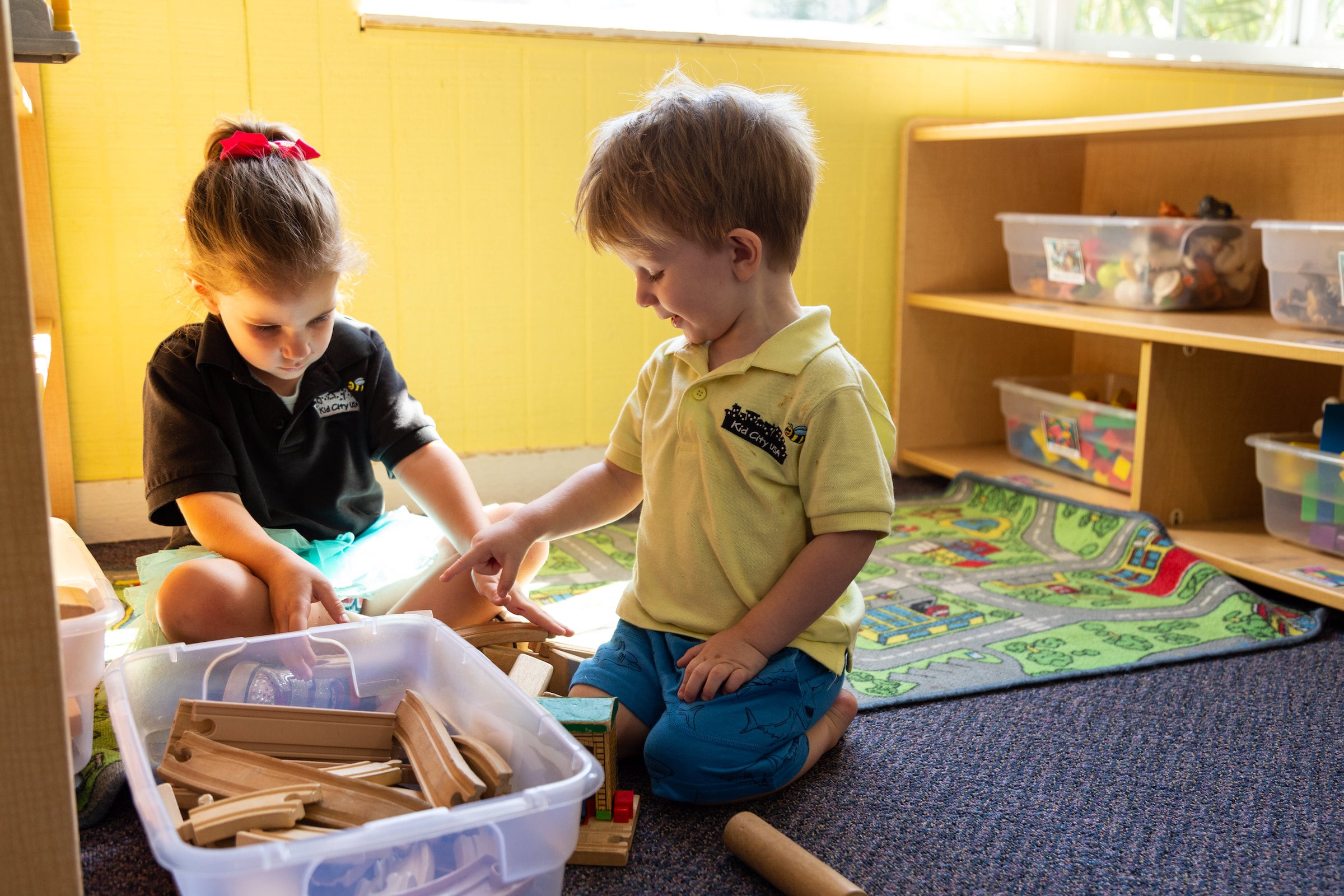Do you want to develop or improve your child’s social interaction, communication, or behavior from an early age? Or perhaps you want to shift some burden of responsibility due to your personal and professional obligations. No matter the motivation, it’s important to find the best daycare to enroll your little one in.
But whether it’s a choice you embrace or one you reluctantly accept, you can’t entrust your child to anyone, can you? You want a clean, quality daycare center with experienced and passionate staff. For most parents, the task of how to choose a daycare is challenging both logistically and emotionally.
As a parent, the decision to entrust your child to someone else is one of the most difficult and most important you’ll have to make. Whether you opt for family daycare, a formal childcare center, or in-home care, you must be spot on when picking a facility. But with almost 4 million child care settings in the US, how can you pick the best for your child?
If you’ve been wondering how to choose a daycare, worry no more. Here are 10 key tips to help you choose the best daycare.
1. Prepare in Advance
More than 59% of children aged 5 and younger in the US require at least one weekly non-parental care arrangement. This means there is high demand for care providers. And depending on where you live, the demand might even be higher, implying finding the best facility might be overwhelming.
It’s thus important that you give yourself adequate time to investigate, locate and even pick the best daycare for your child. If you have prospects to enroll your child in daycare, you should start your research at least two months before you need the services.
You might even want to start the search earlier if living in a large urban area. In fact, some parents will even start searching for daycare before their children are born.
Remember, the earlier you start, the better chance you have to find the best daycare facility for your kid.
2. Pick the Right Type of Facility
Before you start your search for a daycare facility, it’s imperative to know the type of facility most suitable for your child. The following are the common types of child care;
Family Child Care Homes
In this facility, the providers will care for a small group of kids in a residential building. In most cases, this type of care has one or two caregivers and may be offered even in non-traditional hours.
If opting for a family child care home, not that not all of them are required to meet a set of health and safety regulations. If you want to have a few people taking care of your child or want a facility with flexible hours, then a family child care home might be an ideal option.
Child Care Center
Child care centers mostly group children by age and are operated in non-residential buildings. These facilities are larger and will enroll more children and have a dedicated director and many staff members.
A child care center may be owned by an individual, public school, church, or government agency. If you are looking for a classroom-like environment for your child or want a facility with more adults, a child care center is ideal. Also, these facilities offer multiple opportunities and activities for children.
Preschool Programs
These facilities are for kids aged 3-5 years old. These programs can be offered through the school, faith-based organizations, or child care centers. If you want to make your child school-ready, then a preschool program can be ideal.
School-Age Programs
These facilities offer before- and after-school care. Also, they may offer care during summer break or school holidays. This type of care may be readily available in your community being offered by local schools.
Family, Friend and Neighbor Care
This type of care is offered in the child or caregiver’s home by a friend, relative, neighbor, or babysitter. This type of care is exempt from regulations and doesn’t need to meet any health standards or training standards.
3. Ask for Recommendations
When you start your search for a daycare, you are bombarded with lots of options. Going through all the options might be confusing and overwhelming, and you might need to narrow down your options. This is where your friends, relatives, or neighbors who have enrolled their kids in a daycare come in.
Tap into the valuable resource of our inner circle and ask for recommendations. Here, you’ll get a few local names where you can start your search.
Apart from offering your recommendations, you can get crucial insights about choosing a daycare. Also, they might advise you of daycare to steer clear of depending on their past experience.
Also, you can request your child’s pediatrician, who can refer you to several credible daycare providers.
4. Conduct Online Research
If no one in your circle has had experience with daycare, then utilize online resources. By conducting a simple search for ‘daycare centers near me’, you’ll get a plethora of results. Pick a few of the results which seem suitable to your needs and those of your kids.
Also, use online directories such as those provided by state regulatory agencies. Here, you’re assured of getting quality daycare results, and you can start your search there.
Also, use these online resources to investigate potential daycare providers further.
5. Reach Out to The Daycare
Since you already have a list of a few potential daycares in Alabama, make initial contact with them over the phone. Before making your final decision on the daycare to enroll your kid in, you’ll need to visit their facility in person. However, visiting all the daycare facilities on your list might be a hassle, and you want to narrow them further through a phone interview.
Before you make the phone call, you want to be armed with a series of questions. Some of the questions you’ll need to ask include;
• Are you licensed?
• What is the child-to-caregiver ratio?
• What are your rates?
• What are your procedures for pick-up and drop-ff?
• Is there a weekly learning plan?
• What is your approach to discipline?
• How do you communicate with parents?
However, you may include other open-ended questions about their philosophy of childcare. During your call, you want to be keen on the answers provided for the questions. If possible, list them down.
Also, pay attention to the representatives’ tone and their willingness to answer your questions and speak to you. At the end of the call, you should have all your questions and concerns addressed to satisfaction. If you have more questions than answers by the end of the call, proceed with others.
6. Visit the Finalists
Now you only have a few finalists for daycare providers whom you can comfortably visit, right? However, you don’t want to set up an appointment and show up; prepare yourself for a visit. You want to prepare with more questions and be ready to take down notes about your observations.
If there is any question you didn’t ask during the phone interview, or you’ve got more questions, you’ll ask them during the visit. For instance, you may want the provider to give you a description of what a typical day in the daycare will be like.
Also, during the visit, it’s time to watch the daycare in action and determine if that’s what you want for your child. You’ll want to check how the staff interacts with the children and assess the safety and health of the facility.
During the visit, it’s also important that you raise any concerns or questions specific to your child’s needs or family situation. For instance, if your child has an allergy to a certain food, you want to know how this will be addressed. Also, if you might need care on short notice, will the provider be willing to accommodate you?
Also, take a tour of the facility and assess the environment. During the visit, learn and gather as much as you can. When leaving the facility, you want to have adequate information to help you determine if the environment is the best for your little one.
7. Check on Reputation
Before settling with a daycare provider, what are other parents saying about them? What’s the experience of other parents who have already taken their children to the facility?
To get crucial insights about the daycare provider, visit their website and check for testimonials. You are likely to find stories, pictures, or videos by other parents, and this is what you are looking for. What are the parents saying about the facility?
One thing to note is that while testimonials might be helpful, they are always positive and could be biased. This is why you also need to check them on third-party websites such as Yelp for unbiased and honest reviews. Here, rest assured to come across both positive and negative reviews based on the parent’s experience with the provider.
While a few negative reviews are normal, check on what they are about. If a provider has multiple negative reviews, avoid them and move to the next. This might indicate bad experiences and dissatisfaction if you take your kid to the daycare.
Also, check for their rating and any complaint filed against them on Better Business Bureau.
8. Check Accreditations
Make sure the daycare provider you are picking has all the necessary accreditations and licensing. State-level licensing shows the center has met minimum standards. Also, it’s permission to run the business and not necessarily guarantee care quality.
In addition to licensing, reputable daycare centers will have accreditations from:
• National Association for the Education of Young Children (NAEYC)
• National Accreditation Commission for Early Care Education Programs (NAC)
• National Early Childhood Program Accreditation (NECPA)
These national accreditations will include;
• Staff qualifications
• Healthy and safety reviews
• Curriculum evaluation
• Staff and family cooperation.
While a daycare provider doesn’t need to have all the accreditations, pick one accredited by several national organizations.
9. Visit Again Unnoticed
Before your final choice, visit your top choice facility unnoticed. A facility might seem to offer the perfect environment for your child, but there are some horror stories. Also, during the visit, the facility could have been set up to impress you, but you want to know what it is like on a typical day.
An unnoticed visit will help you get a clear picture of a typical day when the staff hasn’t had time to prepare. This way, you get an idea of how the daycare runs on a normal day.
However, there are some providers who don’t accept unannounced visits. And if that’s the case with your potential daycare provider, then this won’t be an option.
10. Prepare Your Child
While choosing the best daycare services in Florida is crucial, you also want to prepare your kid to settle into the daycare. This preparation should start even before you enroll your kid in the daycare.
During the preps, consider developing and maintaining a morning and evening routine. This will help your child adjust to a new environment.
However, if you’ve chosen the best daycare provider, then they are ready and willing to help your child through the transition. Inquire about whether there are settling sessions to help you and your kids adjust to the new environment together.
You Now Know How to Choose a Daycare
Choosing a daycare is one of the most difficult yet important decisions you’ll have to make as a parent. And without a doubt, there are multiple benefits of enrolling your kid in daycare. However, you must choose the right provider to enjoy them.
Wondering how to choose a daycare? Above are key tips to consider when choosing the best daycare in Georgia.
Are you looking for a daycare? Kid City USA is the place. We are an enterprise offering unparalleled preschool, daycare, and before-and after-school programs nationwide.
Contact us today to learn more.





